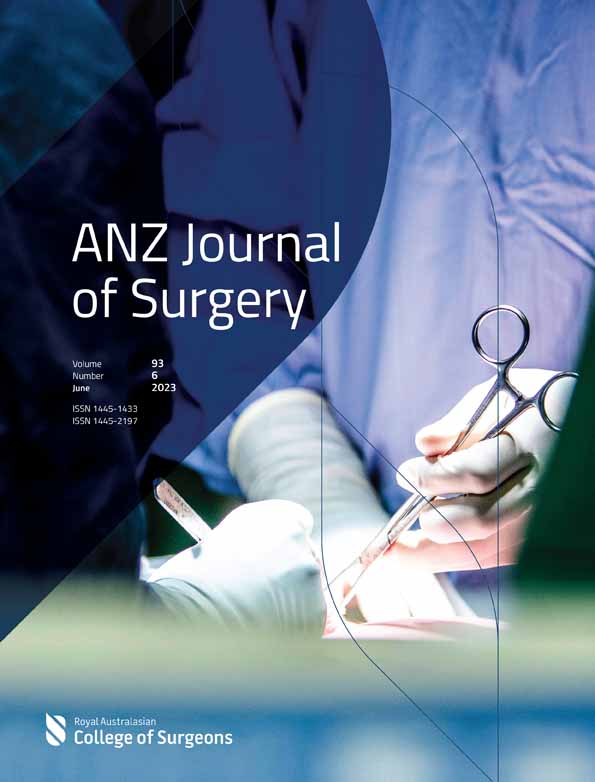Upper GI bleeding in rural Australia: general surgery still alive and well!
Abstract
Background
The complex and critically unwell upper gastrointestinal bleeding (UGIB) patient is a common emergency presentation in Australia. Managed medically and endoscopically by rural general surgeons in rural and remote Australian hospitals which lack a gastroenterology service, this can be ameliorated by clear evidence-based guidelines.
Methods
A single-centre retrospective review of adult patients who underwent emergency gastroscopy for UGIB at the Mackay Base Hospital, January 2019 to January 2022. Detailed patient data from the assessment, resuscitation, time to endoscopy, endoscopic intervention, and outcomes were compared against key international gastroenterology society safety and quality standards for UGIB.
Results
Two hundred patients had a comprehensive initial assessment and resuscitation with PRBC (39%), anticoagulation reversal (18%), pantoprazole infusion (81%), tranexamic acid (10.50%) and octreotide (16.50%). Risk scores were calculated retrospectively as none were documented. Time-to-endoscopy targets were achieved in over 70% of variceal or non-variceal UGIB patients. Bleeding was found in 59.50% of patients but 63% of patients did not require a manoeuvre to stop the bleeding. Post-operative complications were scarce.
Conclusion
This study reflects on the need for a local multidisciplinary protocol to help expedite the current high-quality healthcare delivered by rural general surgeons in managing patients with UGIB. Implementing risk assessment scores would shorten the time to endoscopy in the initial assessment Guidelines would optimize resuscitation ensuring appropriate replacement, medication administration, anticoagulation reversal, and preventing unnecessary therapy. Despite these nuisances, the time to endoscopy, endoscopic intervention, and patient outcomes were largely in line with international quality assurance and safety targets.
Conflict of interest statement
None declared.




